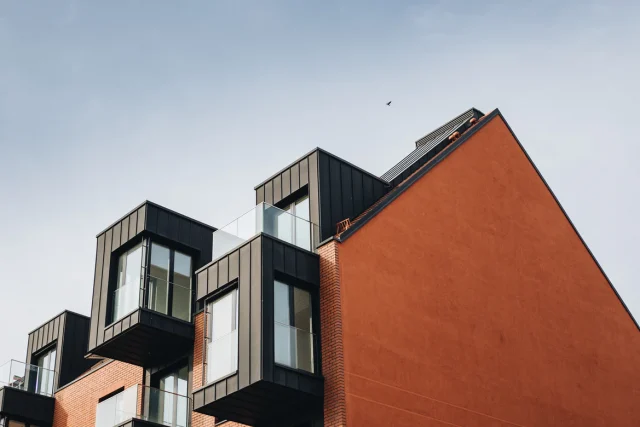
Getting ready for university life as a scholar involves several meaningful choices, and one of them is knowing where to live. You need to make most of your time during your university years by choosing the best housing that’s conducive for studying. Whether you’re living in residential or private housing, several variables are involved in choosing the appropriate housing and accommodation for your needs.
Before researching off-campus housing, ensure that your institution doesn’t require you to live on campus. You’ll also need to verify if there are existing housing privileges for scholars.
With no further ado, here’s your ultimate guide in finding the most suitable student housing and accommodation.
Types Of Housing
There are a few options to choose from for your housing and accommodation. You may intend to move in with friends, or you might want to live alone for a little more peace and calm. Nonetheless, you have to choose the perfect lodging for your needs. These are the standard accommodations for students:
1. Private Apartments
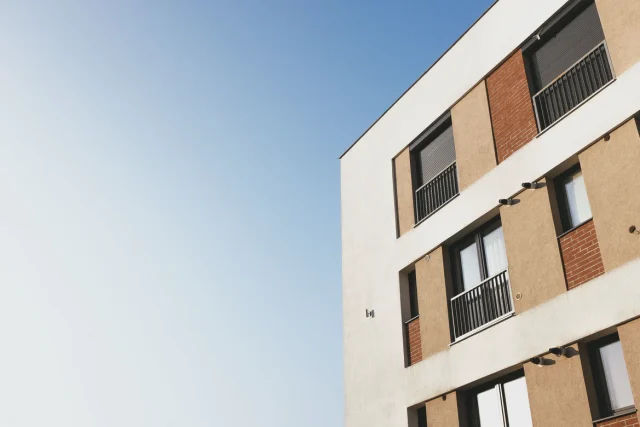
The private apartment is usually constructed in a new building, making it immediately more appealing than conventional halls. In addition, the amenities are usually of better quality. For instance, rooms with double beds and fast Wi-Fi connections are quite common in a private apartment. You may check out housing websites like deltaphiapts.com for affordable pricing and a list of amenities.
A private apartment is constructed to provide the ideal mix of university life and leisure while being easily accessible to everyone in the city. The housing is easily accessible from campuses, making it more convenient for those with friends from other universities.
Another advantage of private apartments for student housing is that the building is usually more secure. For example, student apartments include a concierge, CCTV cameras, and keyless entry access, all of which ensure that you are completely safe and peaceful.
2. Residence Halls Or Dormitories
Students often use the word ‘dormitory’ or ‘dorm’ to refer to a residential hall. The phrase originates from the word dormant, which means to slumber. Since these are where students live, study and sleep, most student affairs staff and educators prefer the more comprehensive word ‘residence hall.’
Living in residence halls, you won’t have to worry about saving energy and water costs since they’re included in the rental. The majority of private halls accommodation, however, doesn’t include these bills in the rent. Mainly, the rental comprises utility costs, Wi-Fi connection, valuables insurance, and welfare assistance. Catering may be included in the contract so that you don’t have to cook.
Another advantage of living in residence halls is your considerable savings in transportation. These halls are conveniently located near the university, so you won’t have to pay for the bus ticket. This is in contrast with cheaper housing that is usually farther from your school.
As for the security, living in halls is highly secure since the security is solid and security codes are frequently required to access the building. More so, these accommodation halls give you a better chance to meet new people since other students surround you.
3. House Share
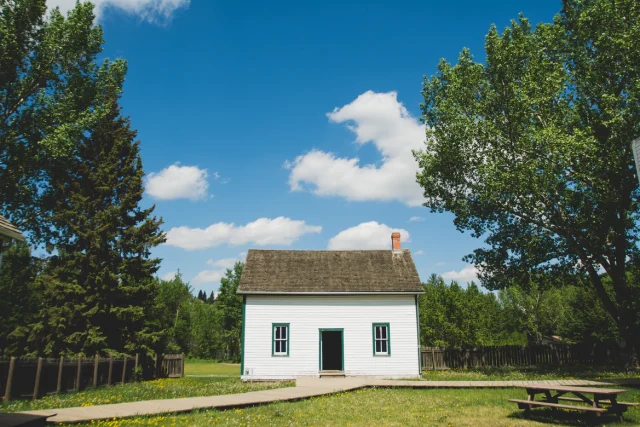
You may opt to rent a whole house in a residential neighborhood in the city with other students. This is called house share and the property may vary in size, with around four to six bedrooms being the most popular.
Usually, you sign up for a ‘joint and severally liable’ tenancy when you rent a home with other students. While you have your own bedrooms, all renters are jointly liable in the lease agreement conditions for the whole property.
The advantage of living in a house share is it’s cheaper than living alone since rent, utilities, and food are often shared among other housemates. Another benefit is that you may choose from various building styles, from tiny apartments to huge houses with vast common areas.
You can decide on the number of tenants you’ll share with and the amenities you’d want to add. With such a variety of house shares available, you’re sure to discover one that meets your requirements, preferences, and budget.
4. Living With The Resident Landlord
You may also move in with a resident landlord or host family. This means that you’ll rent a room in a home where the landlord lives as well. Your landlord is also your housemate in this instance. The rent is generally the same as what you pay in standard housing. It’s cheaper than a private apartment and less stressful to live in than sharing a room with other students at university dorms.
If you live with a resident landlord, you typically rent a room and share a kitchen and bathroom. However, you’ll benefit from other extras like shared cooked food and a laundry area.
Do Some Research And Create A Checklist

Choosing off-campus housing where you feel happy, comfortable, and secure is essential. Do your research before choosing the best housing and accommodation. Here’s a checklist to consider:
- What are the expenses of accommodation? And what additional charges do you have to pay?
- Is it close to your school, hospitals, and supermarkets?
- Is public transport accessible?
- Is the place silent enough to study and sleep?
As for your health, security, and safety, you may consider the following essential features of your housing and accommodation.
- Is the housing structure well-insulated?
- Is the location safe?
- Are the windows and doors secure and in good condition?
- Is there sufficient storage space?
- Does the property have smoke detectors?
- How’s the water pressure?
- Do the toilet and the lavatory function properly?
- Is the place clean?
- Is it adequately fenced?
Consider Your Security
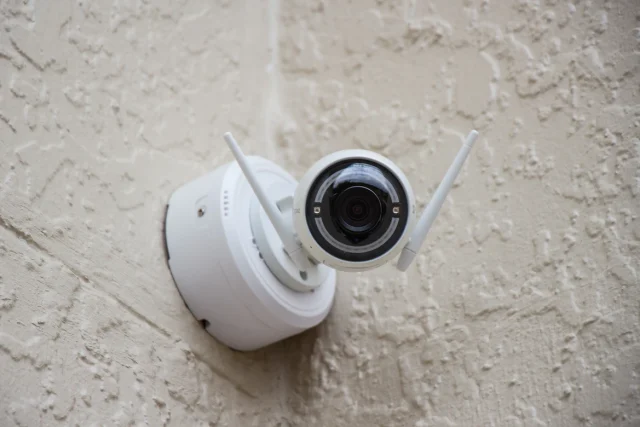
In addition to typical housing issues, many students and their parents are particularly concerned about health and safety because of the coronavirus. Since universities are currently trying to improve housing safety, some students explore short-term living alternatives with more room for social distancing. For example, local rentals have bathrooms for single tenants rather than shared shower facilities.
Also please note that health, safety, and security are critical issues that scholars often overlook as they embark on their university lives. If your home is situated in a dangerous area, your safety may be compromised. Conduct a background check on the location’s safety and examine whether the security equipment on the property is up and running.
Compare Housing And Accommodation Rates
Whatever types of housing and accommodation you choose, make sure you find out the exact inclusions in the rent. For example:
- Does the cost cover meals, electricity, heating, parking, laundry area, insurance, etc.?
- Is there an administrative fee for booking and signing an accommodation?
- Is the property completely furnished, or do you have to purchase cookware, linens, furnishings, etc.?
Don’t hesitate to ask questions and compare prices when choosing other various kinds of student housing and accommodation before you make your choice. Some housing and accommodations have additional security and alarm systems to be paid separately.
For other services or parking costs, you may be charged extra. You may also even have to pay extra for food and the internet. Some flats include washing facilities, but they often cost additional money. Therefore, it’s essential to make a list of rates for comparison to ensure that you get the most out of your money.
Where To Look For The Best Accommodation
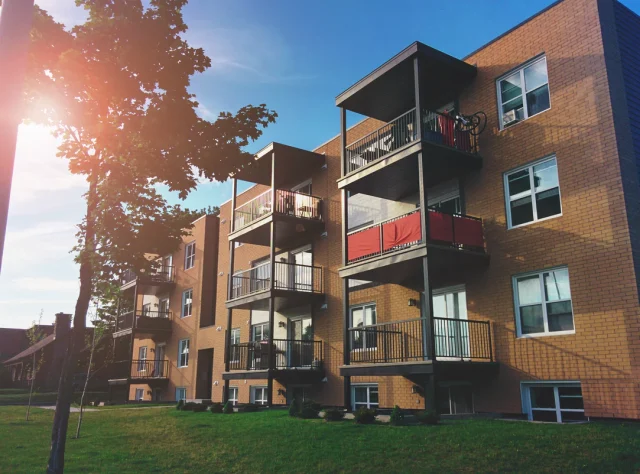
It may not be easy to locate excellent student housing in today’s market, but definitely not impossible. Many online platforms provide a broad range of choices for students on the go. Start searching the internet and local rental agencies for new housing and accommodations. Try Cozycozy and compare lodging options.
When browsing the rental lists online, make sure you check all the property descriptions, as stated in the checklist above. This way, you’ll know whether they suit your requirements and preferences.
You may find housing that fits your budget but is situated in a dangerous and inconvenient location. Other times, you’ll also find ones that include all amenities but are way beyond your budget. You just have to be patient and allot enough time for research.
Read And Understand The Contract
The tenancy agreement provides that you and your landlord possess certain rights, such as your right to live within the property and your landlord’s right to collect rent for lodging. This is a contract that allows you to reside in a building while paying rent and obeying the regulations. Once you find the ideal student housing and accommodation, make sure you don’t sign on the dotted line until you verify these essential details:
1. Tenancy Arrangement
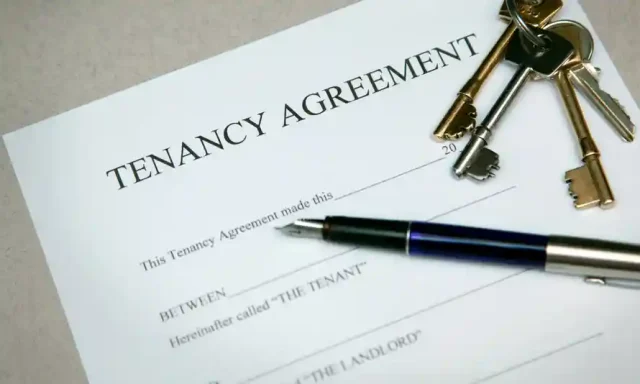
Students usually secure a 12-month shorthold tenancy arrangement. The most favorable kind is a separate agreement between each renter and the landlord. Ask for this kind of arrangement if you’re given the option. For example, if a single member in the team leaves home for whatever reason or is late in the rent dues, you won’t be responsible for covering them.
On the other hand, in a joint tenant agreement, the whole group is liable for the property and pooled rental payments. This implies that if one of the joint tenants decides to move out of the arrangement, all renters may be forced to leave the premises if the landlord decides to terminate the agreement.
Therefore, no matter how tempting it can be, you should never carelessly enter into a legally binding contract. It’s essential to take your time and raise any questions before you sign an agreement.
2. Details In The Tenancy Agreement
Reading between the lines is always essential. Putting in a little work now may save you from a complicated situation in the future. Here are the most important things to look for:
- Start and end date of the tenancy
- Correct and complete details about the property
- Imposed obligations
- Rent amount
- Agreed repairs
3. Deposit Protection Schemes

The deposit is one of the most neglected elements of any rental agreement. Deposits typically comprise about a month’s rent and are collected before the tenancy starts. Make sure you remember the amount you’ve paid for and that the money is protected for your entire stay.
The legal terms and conditions of your tenancy should be also clearly laid out. It’s recommended that you get your landlord or agent’s written tenancy agreement, and both of you should sign it. Lastly, you should get a copy of the contract from the landlord and keep it in a secure place for future reference.
4. Inventory
An inventory is a list of the landlord’s furniture and any defects in the home before anybody moves in. This keeps you from being penalized for existing damage and prevents disputes over damaged or missing property. Before you sign the inventory, double-check everything.
It’s recommended to take photographs of rooms and take note of all the defects. You should also have a duplicate of the inventory. This serves as further proof in the event that claims are made against you at the conclusion of the lease. At the end of your tenancy, your rented space is compared to the inventory list and descriptions, then the deposit is refunded.
Know Your Rights: The Fair Housing Act

Always remember that The Fair Housing Act gives protection to tenants. It prohibits discrimination from direct housing providers, such as property owners, as well as other entities, such as banks, municipalities, banks, insurance homeowners, or lending companies, whose discriminatory practices make housing unavailable for people because of:
- familial status
- disability
- race or color
- sex
- national origin
- religion
The Department of Justice may file lawsuits under both the Fair Housing Act and the Equal Credit Opportunity Act in instances involving discrimination on granting mortgage loans or home improvement loans. Legal proceedings shall be instituted once a pattern of discrimination has been proven, or a denial of rights to a group of individuals creates a general public concern.
Conclusion
Various housing and accommodation types for scholars have benefits and drawbacks. You need to know all your housing choices and evaluate their pros and cons before choosing one. Make sure you get the best housing for your budget and needs.
Several websites provide information on the kinds of housing available near the best universities. However, don’t forget to prioritize your safety and comfort so that you can focus on your studies during your stay.












